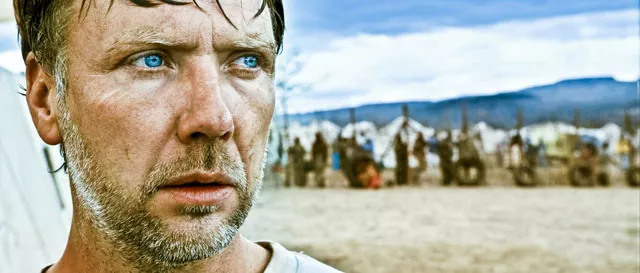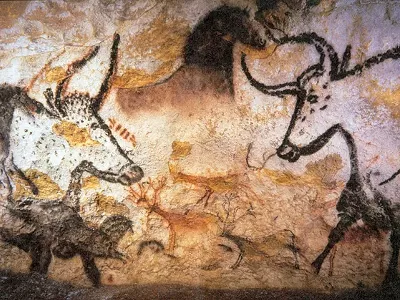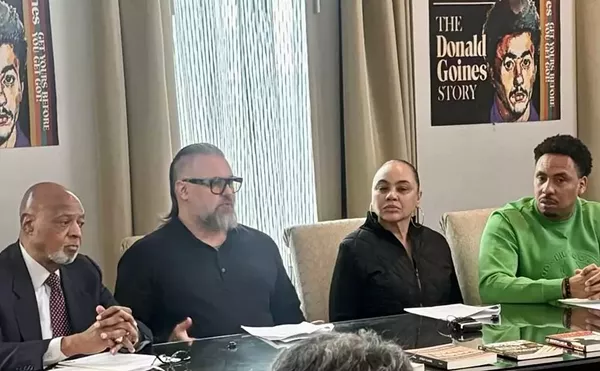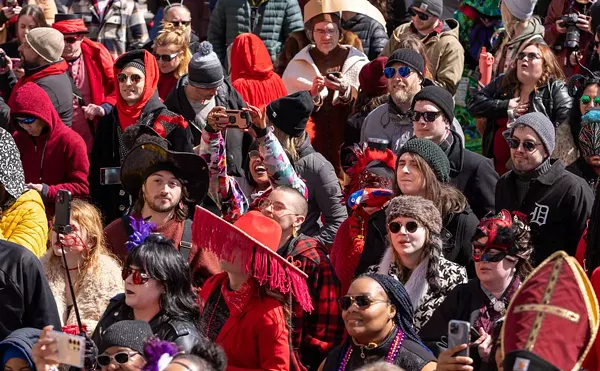In a Better World
GRADE: B-
"If you hit him, he hits you, and then it never ends," a father tells his son in the ethically ambitious film In a Better World, the latest from director Susanne Bier (Things We Lost in the Fire, After the Wedding). "Not if you hit hard enough the first time, the son answers.
One can almost image a similar discussion in George W. Bush's war room after the attacks of Sept. 11 — assuming, of course, that anyone other than neo-cons and hawks were present. It's a connection that isn't lost on Bier. And her movie is all the worse for it.
What is the cost of turning the other cheek? Does might make right? These are questions worthy of cinema. But what could have been a thoughtful and morally complex meditation on the power of lawless cruelty and the fragility of pacifism falls victim to didactic and programmatic hubris, as Bier sacrifices drama for connect-the-dots moralism.
The setup is good stuff. After a brief foray in an African refugee camp, where we meet Anton (Mikael Persbrandt), In a Better World follows the Swedish physician back to his suburban home in Denmark. There he attempts to reconnect with his estranged wife and two sons. Anton's eldest boy, Elias (Markus Rygaard), has become the target of a school bully, earning him a capable ally, new student Christian (William Jøhnk Nielsen), whose mother recently died from cancer. Unwilling to tolerate injustice, Christian believes that swift and brutal retaliation is the best strategy for dealing with any assailant. When pacifist Anton is assaulted by a thuggish mechanic, Christian plots increasingly aggressive responses against both the man and his new friend's tormentor.
Bier's domestic conflict — with its explorations of fatherhood, grief, the gratification of revenge, and the social implications of men whose masculinity is defined by violent impulses — is patiently constructed and sensitively acted. In particular, Christian's anger toward his father is well-drawn, sympathetically observing his irrational yet understandable rage. But as Bier's movie unfurls its thorny plot twists and emotional climaxes, building toward its final ethical conundrum, she reveals the same pedagogical instincts as Robert Redford — another filmmaker who regularly mistakes message for story.
Like a humanistic fable, In a Better World presents simplistic answers to difficult problems, drawing superficial connections between the film's domestic conflicts and Third World ethnic reprisals. You see, kid bullies grow up to be adult bullies, and eventually they gain enough power to become political bullies. And guess what? That's how wars start. Bier's patronizing violence-begets-violence message just isn't nuanced enough to support her ever-escalating contrivances — the worst of which involves Anton's choice of whether to save a murderous warlord (a racial cartoon if ever I've seen one) who has been brought to his bush clinic.
The tension between principle and action is complicated and messy; the ethics of violence equally so. Where Bier's family-centric tale might have served as an effective metaphor for larger global issues, In a Better World's loftier conceits ultimately deliver soap opera and pop psychology, a heavy-handed message that flatters its audience with gestures of condescending compassion, and the morally tidy lesson that loves conquers war. But isn't that the problem with those who envision a better world? They rely less on understanding or insight, and more on wishful thinking.
Showing at the Maple Art Theatre (4135 W. Maple Rd., Bloomfield Hills; 248-263-2111).







